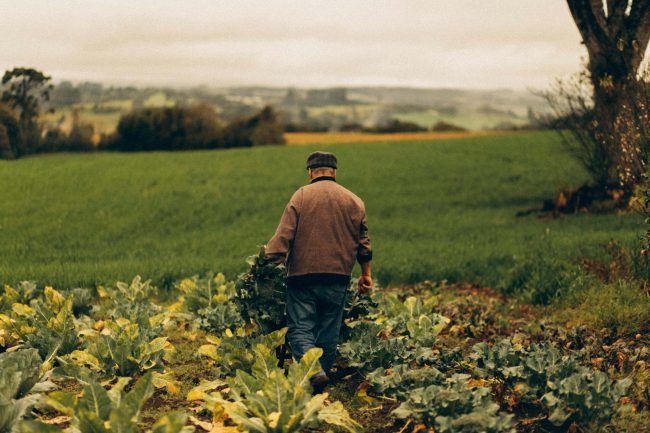Home » Community Food Systems » Dane County Food Action Plan » Dane County Food Action Plan Sectors » Agricultural Sector
Agricultural Sector

Key Updates – July 17, 2025
As part of the Dane County Food Action Plan, we have been delving into the critical issues shaping farming in our region. We’re focused on understanding the challenges and identifying opportunities to build a stronger, more resilient, and equitable future for our agricultural landscape. Here are some of the main themes and takeaways from our recent discussions:
Land Access and Farmland Preservation
One of the most pressing concerns is the increasing loss of agricultural land in Dane County. Between 2001 and 2021, our county experienced a staggering 17% loss of agricultural land, totaling approximately 76,355 acres. This land is primarily being converted into residential areas, roads, and highways, contributing to an 18% increase in developed land during the same period. Alarmingly, 76% of this new development is occurring on soils classified as “important farmland,” directly impacting our capacity for food production.
This trend highlights a critical need for robust farmland preservation strategies. We’re looking at successful models, such as the Town of Dunn, which has protected nearly 4,000 acres of prime farmland from development pressures since 1997. Our work will explore how such efforts can be expanded and strengthened across the county.
Rising Costs and Workforce and Farmer Well-Being
Beyond land, the human element of farming faces significant pressures. Farmers are grappling with rising costs of inputs, equipment, and labor, often without corresponding increases in profit margins. Total farm production expenses per farm in Dane County increased by 32% between 2017 and recent data (USDA NASS). A big part of this rise in expenses is due to labor, the average hourly hired wage for farm workers in Wisconsin rose to $19.82 in 2023, with labor costs per head in dairy farms tripling over the past decade.
These rising costs, along with other factors, are making farming operations less sustainable and directly impacting farmer well-being. Many services to address these issues related to farmer well-being are being cut, including access to affordable healthcare and mental health resources. Tragically, suicide rates among male farmers are significantly higher than the national average for men, at 43.2 per 100,000, highlighting the severe stress faced by many in the profession.
Infrastructure, Markets, Sustainability, and Resilience
To counter these challenges, we are exploring how to build more robust local and regional food systems. This involves:
- Infrastructure and Markets: Identifying gaps and opportunities in our food infrastructure, such as increasing processing facilities, cold storage, and distribution networks, that can better connect local producers to consumers and institutions. We are also looking to build on policy that better connects consumers to local food through direct purchasing, whether that is through the city, county or area institutions.
- Sustainability and Resilience: We recognize the massive gap in Dane County between growing food for human consumption and growing food for commodities. This leads to unsustainable food systems that are less adaptable to shocks in our supply chain. We are looking into policies that create markets for locally-produced food, help farmers transition to more sustainable growing and land management practices, and preserve land for food production that is accessible for the entire farming community (new, BIPOC, woman-owned, veteran-owned, etc.).
How the Food Action Plan Will Help
The insights and data gathered by the Agricultural Sector Committee are directly informing the Dane County Food Action Plan. Our goal is to develop actionable policy recommendations that will:
- Protect farmland and support land access for new farmers.
- Improve the economic viability and well-being of our agricultural producers.
- Strengthen local food infrastructure and diversify market opportunities.
- Foster sustainable and resilient farming practices across Dane County.
Your input is vital as we move forward! We encourage you to participate in upcoming community engagement events and share your perspectives to help us shape a thriving food future for Dane County.

